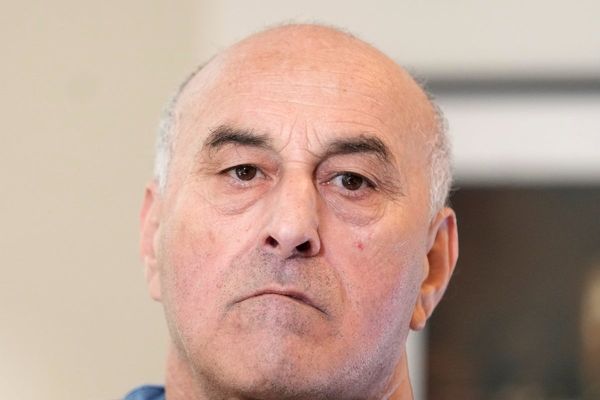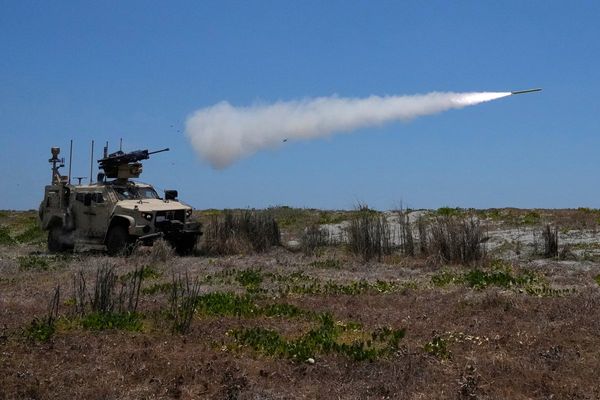
According to a recent report by Human Rights Watch (HRW), tens of thousands of individuals who sought refuge in Kurdish-controlled northeast Syria are currently experiencing dire conditions due to a lack of shelter and basic necessities. The organization highlighted that reception centers in Tabqa and Raqqa have reached full capacity, prompting authorities to establish additional centers in Kobani, al-Hasakah, and Qamishli to accommodate the influx of displaced people.
The mass displacement began on November 27 when a rebel coalition launched a major assault on territories held by the Bashar al-Assad regime, culminating in the fall of the capital, Damascus, over the weekend. As a result, many individuals fled to the north in search of safety.
HRW interviewed several displaced individuals, including a Yazidi woman who described the overwhelming situation in Tabqa, where children were crying from hunger and cold, and pregnant women gave birth without medical care. A Kurdish man who sought refuge at a Tabqa school with his family mentioned that while they received food and mattresses, other families were left without proper shelter, forcing them to seek accommodation on the streets.



Furthermore, concerns were raised about the presence of the Hayat Tahrir Al-Sham (HTS) rebel group and the Turkey-backed Syrian National Army (SNA) in the region, causing fear among the displaced population. The ongoing clashes between pro-Turkish factions and Kurdish groups have added to the instability in northern Syria.
Adam Coogle, Deputy Middle East Director at HRW, emphasized the urgent need for a rights-based approach to address the needs of displaced individuals in northeastern Syria. He called on donors, humanitarian agencies, and the United Nations to prioritize a comprehensive response to alleviate the suffering of those affected by the conflict.







